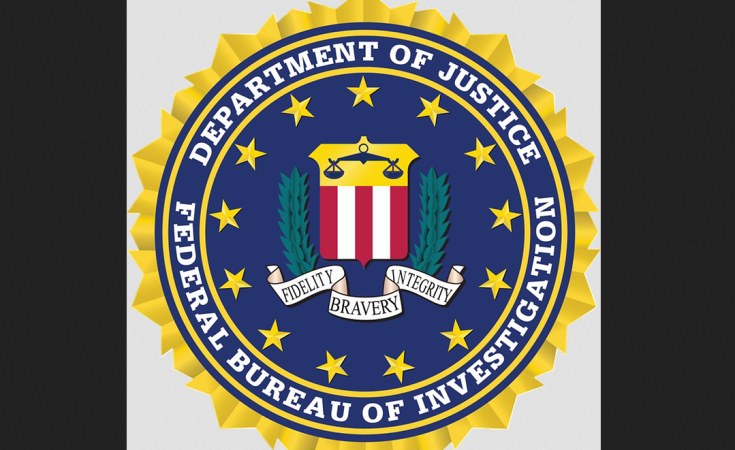Nairobi — The top U.S. law enforcement officer has concluded a five-day visit to Kenya, pledging to continue working with the East African nation to ensure peace and stability in the region. FBI Director Christopher Wray said there was a need for continued cooperation and collaboration with Kenyan security agencies to deal with ongoing terror threats from groups such as al-Shabab.
The United States Federal Bureau of Investigation will partner with Kenya's security agencies to enhance operations for the stability of Kenya and the region.
Speaking at Kenya's Department of Criminal Investigations (DCI), FBI Director Christopher Wray said there was a need to work together to stop criminals who threaten the country and global peace and stability.
"I have said before that the bad guys are not constrained by international borders, so the good guys should not be either. And together, leveraging our collective insights and authorities and perspectives, we're making a huge impact on the threats we face. Terrorism, of course, is very much top among them," he said.
While in Kenya, the FBI head visited shopping malls, a national park, and the Dusit D2 Hotel, which was attacked by al-Shabab militants in January 2019, resulting in the deaths of 21 people.
In February 2020, a year after the Dusit D2 hotel terror attack, the FBI and the U.S. State Department partnered to assist Kenya in creating the Joint Terrorism Task Force, which consists of the country's security agencies and some ministries. The agencies rely on each other's expertise to fight threats.
Kenyan security agencies have been accused of lacking coordination in dealing with terrorists when they storm populated areas like the Westgate Mall attack in 2013 and the Garissa University attack in 2015.
Kenya's head of the Directorate of Criminal Investigations, Amin Mohamed, said the Joint Terrorism Task Force has helped his country provide better security to its citizens and visitors.
"Our various security agencies were operating in silos. Then we said, why can't we all bring them like a one-stop shop, whereby now we can exchange information and ideas. And we have really registered a lot of success," he said.
Kenyan security expert Richard Tuta said a security collaboration can defeat criminals who have defied borders.
"I think what is of importance is that aspect of collaboration. Collaboration in terms of intelligence gathering, intelligence analyzing and intelligence dissemination. That is something that is very important because one thing that we should agree among us, all of us, is that it takes a network to beat a network. Criminals are networked, so security agencies must be networked," said Tuta.
He said there are also more persistent security threats and challenges in the world that will require U.S. support for Kenya to manage.
"Some aspects of crime defies country boundaries, like, for instance, matters to do with human trafficking, drug trafficking, terrorism, other issues, like, for instance, matters to do with cybercrime. All of it now, it requires a concerted effort to counter such like aspect of crime," said Tuta.
The al-Qaida-linked terror group al-Shabab has been unsuccessful in conducting terror attacks in the capital, Nairobi, for the last couple of years, but the group continues to carry out attacks against government forces and civilians in northeastern and coastal regions that border Somalia.
In his five-day visit to Nairobi, Wray met with the ethics and anti-corruption agency head and officials, and focused on countering corruption, money laundering, and other economic crimes.
Washington said it will provide support, training, and modern investigation tools to help agencies prosecute economic crimes suspects that have contributed to terrorism and insecurity in the continent.
Kenyan government agencies hope the visit will make them better prepared to manage the security of the country and, if need be, the region.


